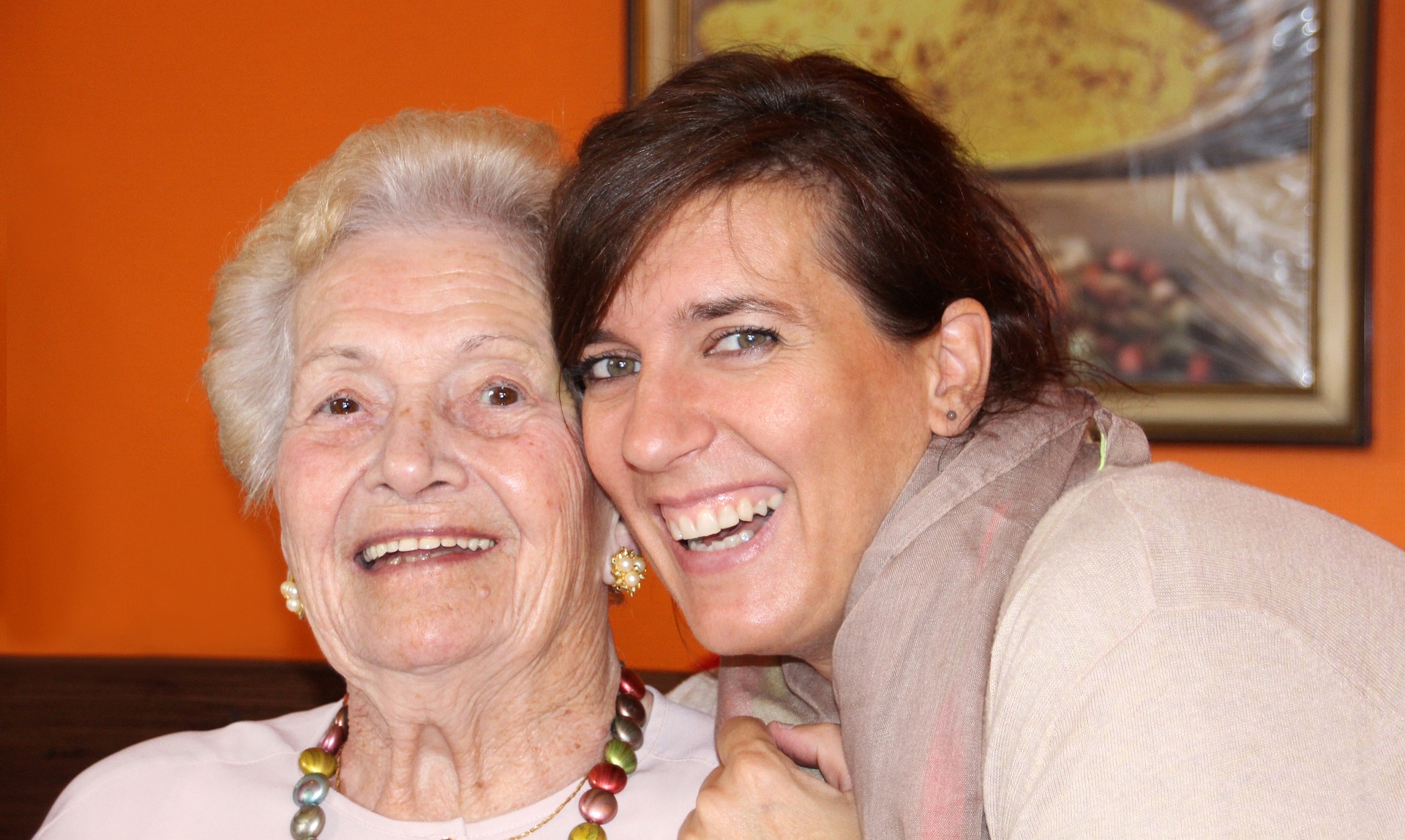Dementia refers to several symptoms which together negatively impact the memory, cognitive ability,, communication capabilities and reasoning of an individual. These symptoms often make it challenging to perform even ordinary everyday tasks such as eating and caring for personal hygiene. Alzheimer’s disease is the main cause of dementia in the majority of those affected. There is no official cure for dementia but there are medications and methods to manage the symptoms. It is important to be familiar with the signs of dementia’s onset in order to best help your loved one to live their best life.
Memory care facilities are equipped to identify the early signs of dementia and to treat those affected.
Identifying the Early Signs of Dementia
It is important to note that some of these symptoms on their own may not indicate dementia. However, it is often when these signs present as a change to behavior that there should be concern. In other words, many people routinely lose their keys or forget events that they don’t put in their calendar. However, if a loved one has always been detail oriented, yet now seems to forget details of their day, there may be an issue.
- Short Term Memory Loss: Change in short-term memory function is often an early sign of dementia. The changes can be subtle – forgetting where an important item was left, or struggling to remember where they were supposed to be on any given day.
- Changes in Mood or Personality: A change in emotion, overriding mood, or personality is also common with dementia. Depression is a typical sign of early dementia, but you may also notice a shy person becoming more outgoing. Because dementia can impact a person’s judgement, a normally reserved person may lose inhibition.
- Inability to Perform Simple Tasks: A shift in capability to complete everyday tasks may indicate that someone has early onset dementia. You may notice this when playing a strategy board game, or filling out a tax return. Changes in routine may also seem too hard for a person dealing with early dementia.
- Confusion or Apathy: Certain emotional behaviors are associated with dementia, such as confusion and apathy. They may lose interest in a favorite activity, or show disinterest in meeting with friends. Forgetting where they are momentarily, or forgetting people they know, is another warning sign.
- Finding the Words: One of the classic signs of dementia is the inability to finish thoughts or sentences because they cannot “find the right words”. Conversations with people struggling with dementia can be labored and require patience. Similarly, a person with dementia may find it difficult to follow story lines, such as losing track of what is happening in a movie, or even carrying on a long conversation. They may also begin to tell a personal story, only to get distracted and lost in the middle of it.
- Loss of Directional Ability: People who are exhibiting earl signs of dementia may get disoriented going to familiar places, or not recognize familiar landmarks. Getting lost in their own hometown is a classic sign of Alzheimer’s, and so getting lost momentarily is a key early sign.
- Repetitive Behavior: Some people develop compulsive behavior, while others simply forget that an action has already been completed. For instance, someone may ask the same question over and over, while others go out to check the mail multiple times after the mail has been delivered.
As stated, infrequent instances of these behaviors are likely not cause for alarm. However, if you are noticing that your loved one is exhibiting these behaviors uncharacteristically or more often, you may wish to have them checked by their physician.
If your loved one has Alzheimer’s disease or dementia and you are looking for a caring and compassionate Venice area community, we invite you to visit A Banyan Residence.

